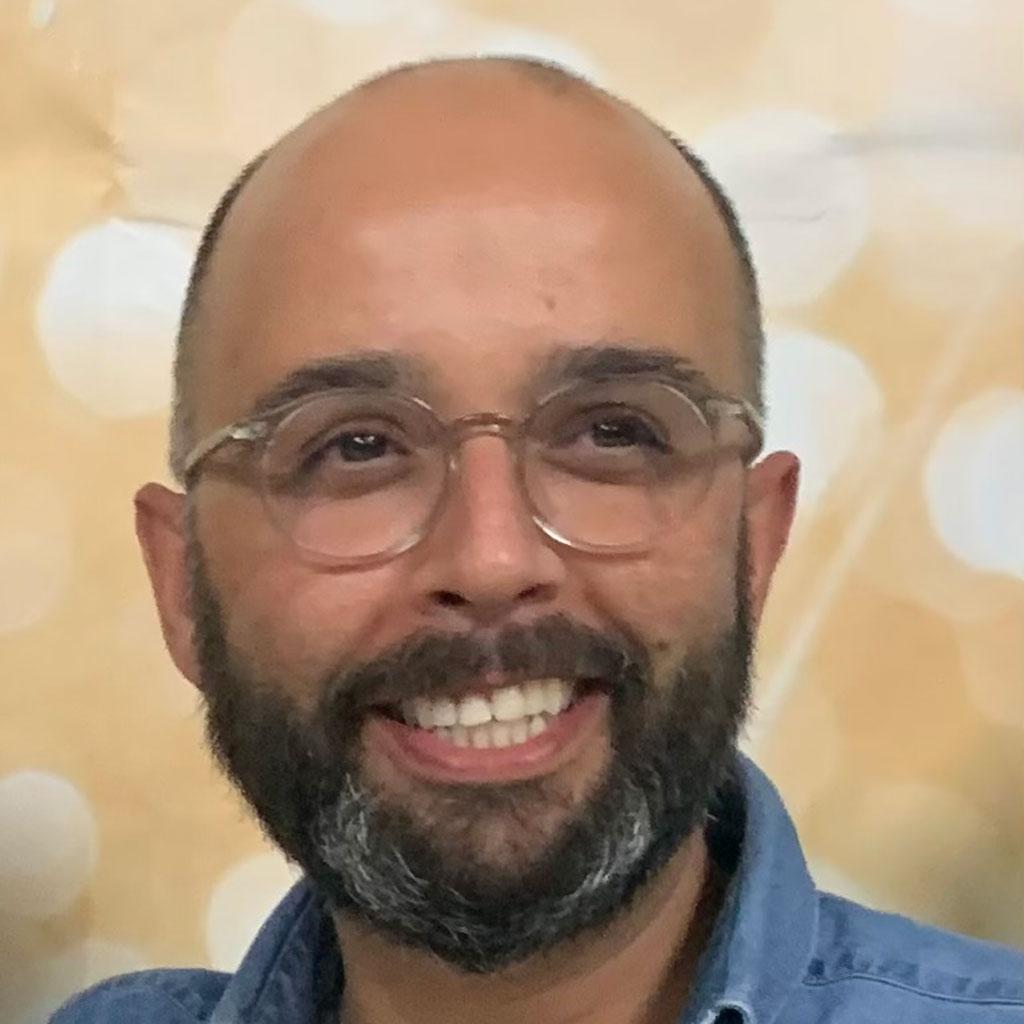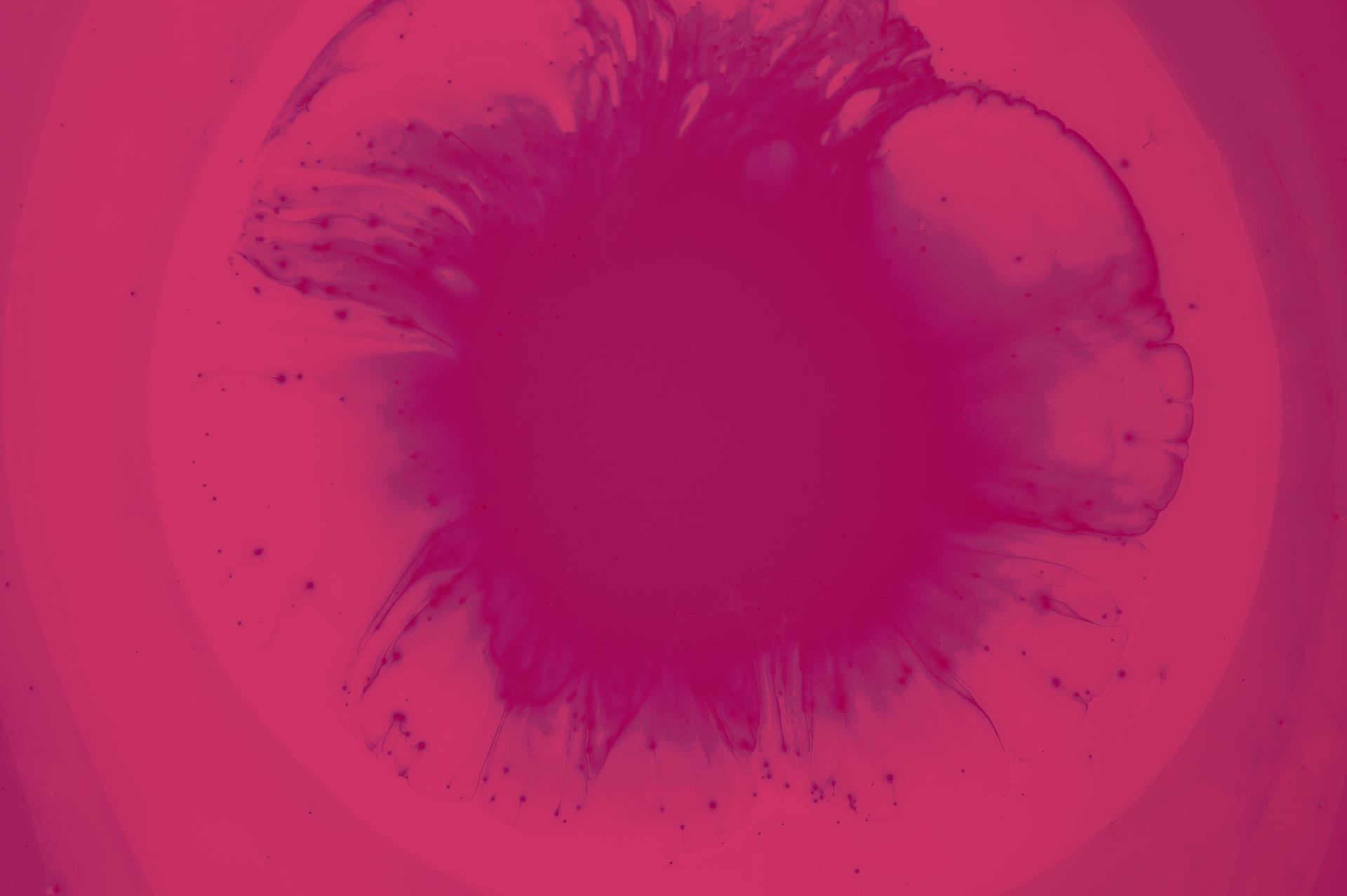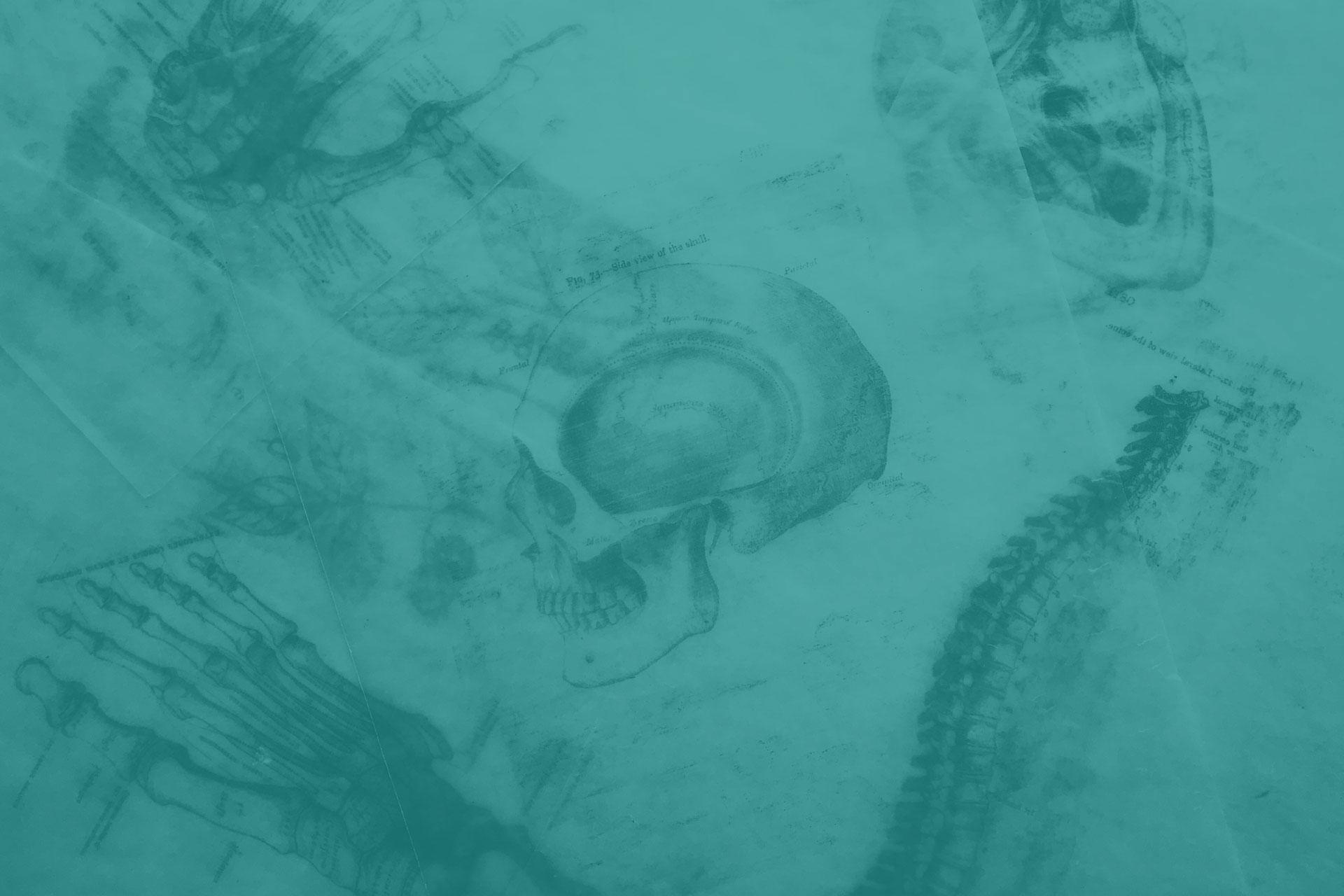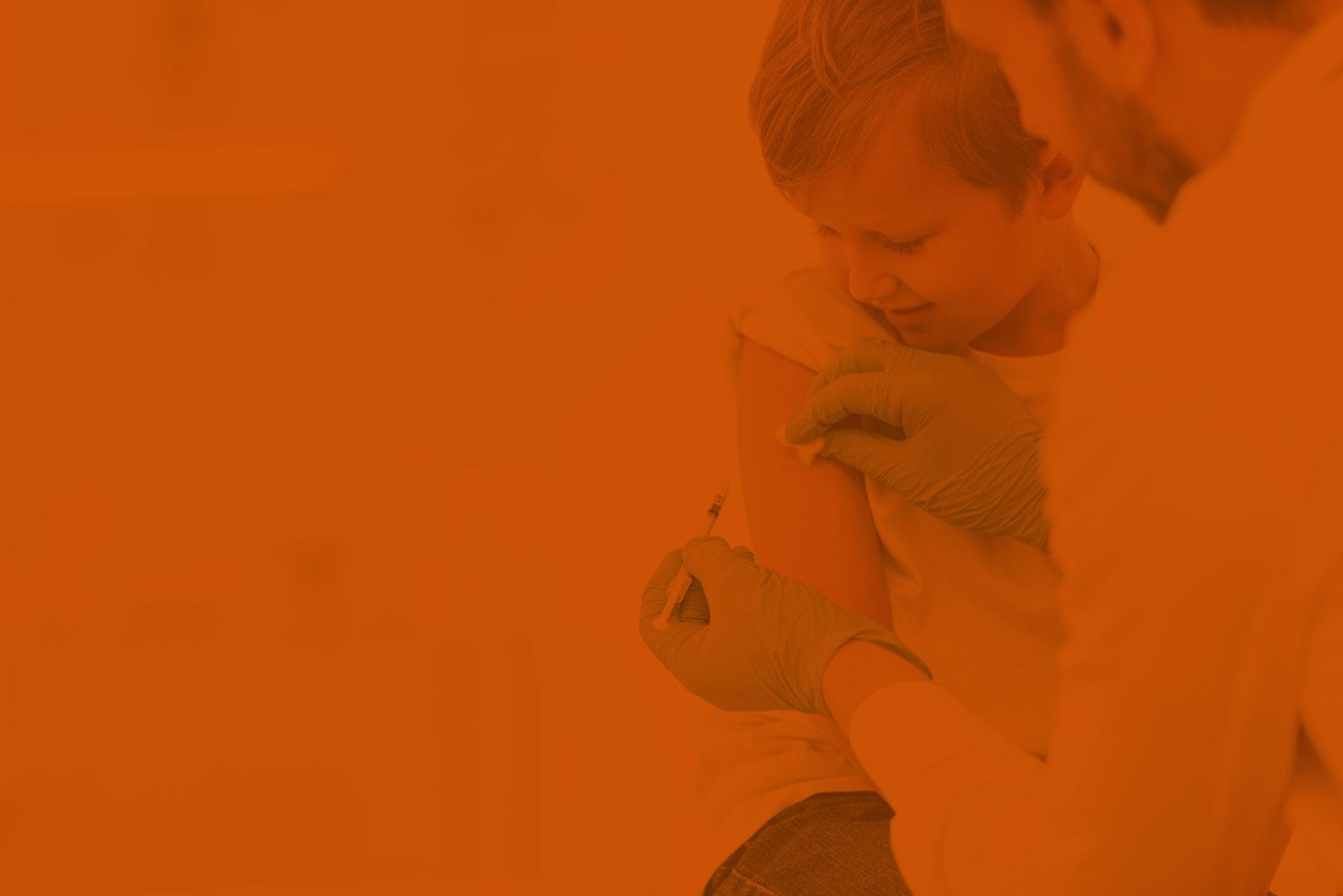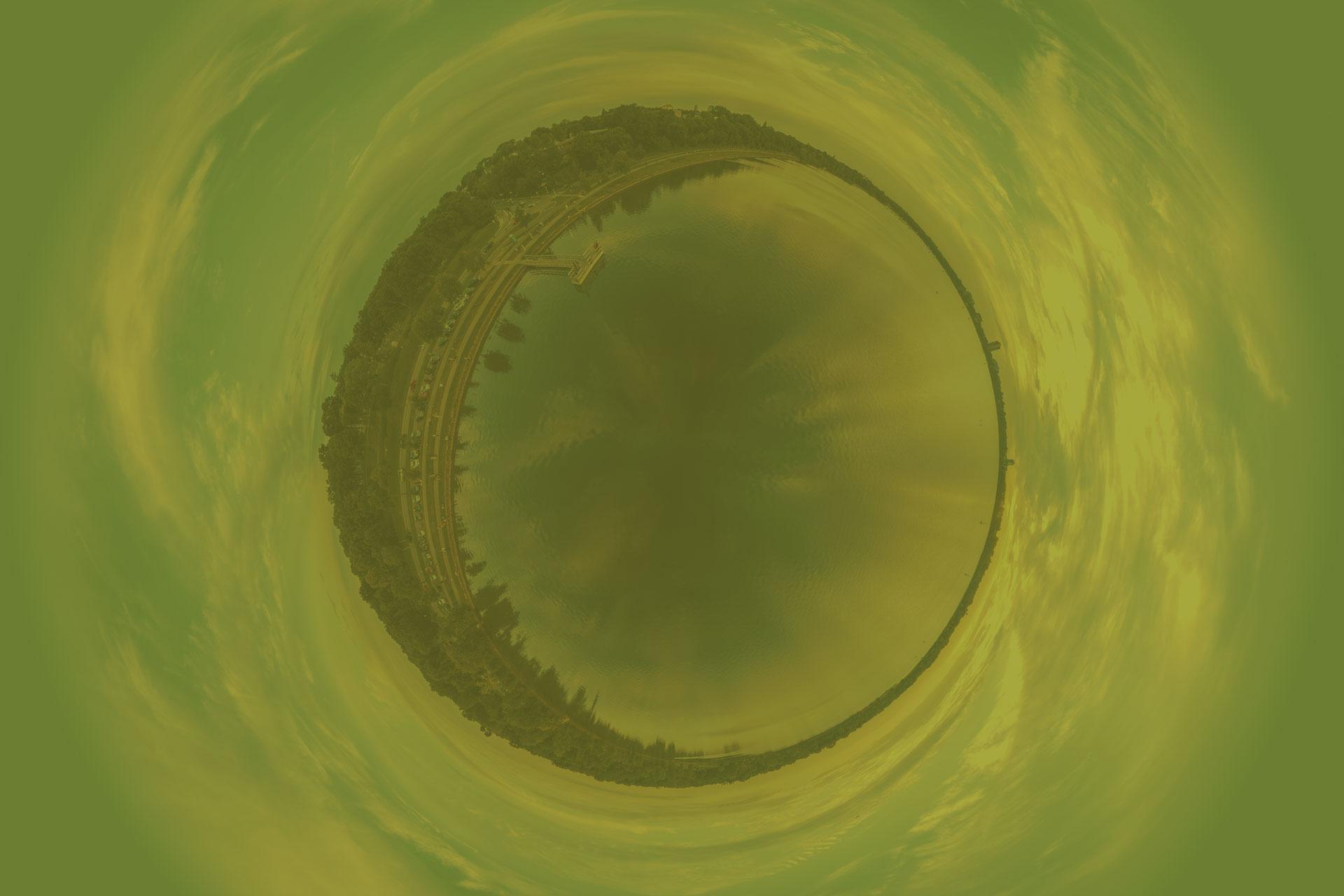Duration: 01/06/2022-31/05/2023
Abstract: Valle da Gafaria (Lagos, Portugal) has become known as the earliest and largest burial site of enslaved Africans ever found in Europe, predating one of the most shameful chapters of Western history, the Transatlantic slave trade. Bioarchaeological evidence obtained from a total of 158 individuals proves they were of African origin and forcefully deported to Lagos in the 15th to 17th centuries. However from which African regions they were abducted, and at what stages of their lives, remains unknown. This makes it difficult to connect them with descendant communities today and to assess Portugal’s early collusion in the slave trade. The combined analysis of the isotopes ratios of strontium, oxygen, sulfur, carbon and nitrogen is a powerful forensic approach to reconstruct past human environments, diets and mobility patterns during different life stages. We will measure these isotopes in early and late forming teeth in the human remains from Valle da Gafaria in collaboration with Portuguese colleagues to reconstruct individual human origins and to document the rapid changes in life conditions including shifts in geological location, climate and diet, as the result of forced migration from West and Central Africa to Portugal. For the first time, we will utilize novel (and yet unpublished) strontium isotope data from West and Central Africa, including the former Portuguese colony Angola, to determine the most likely native homelands of the enslaved people from Valle da Gafaria.
Participants: Sofia Wasterlain (CIAS), Maria Teresa Ferreira (CIAS), Ana González Ruiz (CIAS, Research fellow), Carina Leirião (CIAS, Research fellow)
Partner institutions: University of California in Santa Cruz
Financial support: National Geographic (Grant # NGS-92850R-22)
Duration: 2022-2023
Abstract: This project utilizes neutron spectroscopy to analyze and understand the properties of bone lesions caused by the spread of cancer cells.
Coordinator: Luis Alberto Batista de Carvalho
Participants: Vítor Matos
Financial support: Science and Technology Facilities Council, United Kingdom
Reference: 2220018 – TOSCA; 2220019 – MAPS
Duration: 2022-2023
Abstract:
Coordinator: Jesús Acero Pérez
Participants: Filipa Cortesão Silva (CIAS)
Partner institutions: University of Seville
Financial support: Fundación Palarq, 5.000€
Reference:
Duration: 2021-2026
Abstract:
Coordinator: Christophe Snoeck
Participants: Filipa Cortesão Silva (CIAS)
Partner institutions: Vrije Universiteit Brussel
Financial support: Financiamento: H2020-EU.1.1. Excellent Science. European Research Council (ERC). Starting Grants (2020)
Reference: Grant agreement ID: 948913
Duration: 2021 – 2024
Coordinator: John Willman
Financial support: Fundação para a Ciência e a Tecnologia, Concurso Estímulo ao Emprego Científico Individual – 4.ª Edição, Investigador júnior
Reference: https://doi.org/10.54499/2021.02147.CEECIND/CP1656/CT0033
Duration: 2021-2023
Abstract: This project proposes a three-year action plan for the requalification and valorization of the archaeological and paleontological heritage of the Mesolithic complex of Muge (Central Portugal), classified as National Monument since 2011
Coordinator (PI): Célia Gonçalves and Cláudia Umbelino (CIAS)
Financial support: FCT – Fundação para a Ciência e a Tecnologia, Portugal
Reference: ALG-01-0145-FEDER-29680
Duration: 2021-2023
Abstract:
The main objectives of this research and valorization project are:
- Studies of archaeological contexts and inventory and valorization of their collections,
- Creation of a heritage sensitivity map of the historical center of Almada,
- To consolidate Almada City Council’s public archaeology service,
- Execution of programmed archaeological works, in a framework of urban archaeology,
- Development of interaction strategies between the community and the archaeological and built heritage.
Coordinator: André Teixeira (CHAM)
Participants: Francisco Curate (CIAS)
Partner institutions: Câmara Municipal de Almada / CHAM — Centro de Humanidades da Faculdade de Ciências Sociais e Humanas da universidade Nova de Lisboa.
Financial support: Câmara Municipal de Almada
Duration: 2021-2023
Abstract: The Muge and Sado sites in Portugal are exceptional in many aspects. Dated from the late Mesolithic, they delivered the human remains of the last hunter-gatherers from Portugal and Europe. Estimated at nearly 400 individuals, buried within the shellmiddens, these series represent the largest European sample for this period. However, taphonomic processes, particularly the weight of sediments and shells, have affected the bones (fragmentation, deformation, crushing) and do not always allow a complete study of the individuals using a classical approach.
The main objective of this study is, based on three-dimensional imaging data, to virtually reconstruct individuals from the Portuguese Mesolithic corpus in order to better understand the cranial morphological variability of the last hunter-gatherers in Portugal. This objective will be completed by paleodemographic and palaeopathological studies.
Key words: Late mesolithic; three-dimensional imaging; 3D reconstructions; geometric morphometry; paleodemography; paleopathology
Coordinator: Dany Coutinho Nogueira (CIAS)
Supervisor: Cláudia Umbelino (CIAS – University of Coimbra)
Financial support: Fondation Fyssen
Duration: 16/09/2021-15/01/2022
Abstract: The project has pursued a dual objective. On one hand, it aimed to study the evolution of rural settlement in the Municipality of Santaella (Cordoba, Spain) from Prehistory to the Contemporary Age. In this regard, archaeological surveys have been carried out, with special attention given to the Protohistoric, Roman, and Late Antique Periods. On the other hand, a Heritage Charter has been developed, which has served as a tool for heritage management for the municipal and regional governments.
Coordinator: Mercedes Oria-Segura
Participants: Enrique García-Vargas, Luis-Gethsemaní Pérez-Aguilar (CIAS)
Financial support: Contrato com empresas (Arts. 68/83 LOU), Ayuntamiento de Santaella e a Universidad de Sevilla
Reference: 4325/1133
Duration: 2021-2024
Coordinators: Pedro Carvalho and Catarina Tente
Participants: Ana Maria Silva
Financial support: Fundação para a Ciência e a Tecnologia
Reference: PTDC/HAR-ARQ/6273/2020
